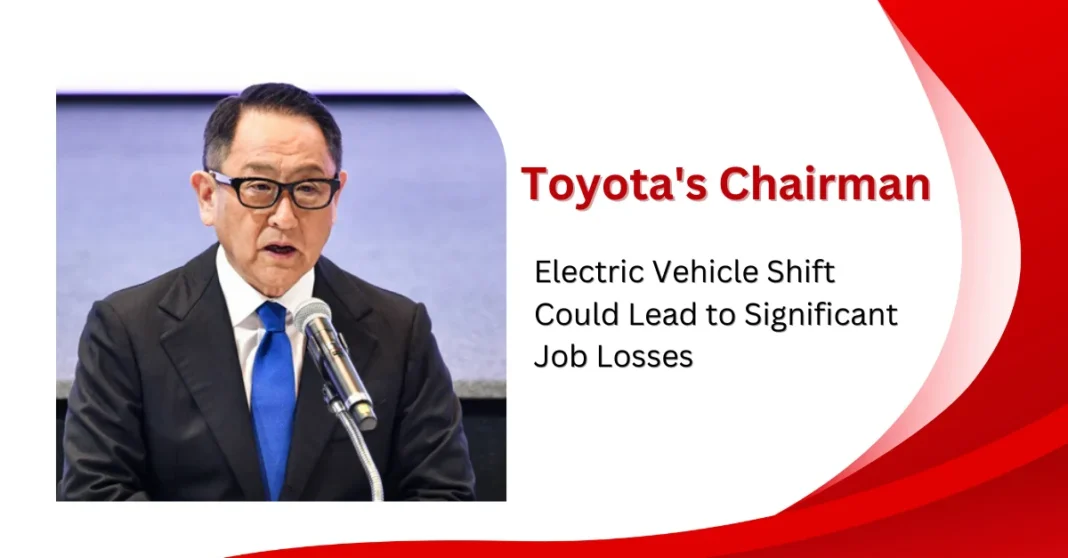In his statement, the Toyota chairman underscored the urgency of addressing these workforce challenges, noting that the transition to electric vehicles represents not just a technological shift, but a significant societal change. He called on industry leaders and policymakers to develop comprehensive strategies that prioritize worker welfare during this transition.
As traditional manufacturing roles are likely to decline, the chairman stressed the importance of investing in education and training programs that equip workers with the necessary skills for emerging jobs in the EV sector, such as battery production, software development, and advanced manufacturing techniques. He advocated for partnerships between automakers and educational institutions to create targeted training programs that can quickly adapt to evolving industry needs.
Furthermore, the chairman pointed out that the shift to electric vehicles could also create new job opportunities in areas like renewable energy and infrastructure development. By emphasizing the potential for job creation alongside the risks of displacement, he aimed to foster a more balanced view of the future landscape of employment in the automotive industry.
As the conversation around electric vehicles continues to evolve, industry stakeholders are urged to engage in dialogue to ensure that the transition is equitable. Ensuring that workers are not left behind in this new era of mobility will be crucial for maintaining public support and achieving broader sustainability goals.
In light of these challenges, Toyota is committed to exploring innovative solutions and collaborating with other companies to navigate this transition responsibly, balancing the need for sustainability with the imperative to protect jobs.

